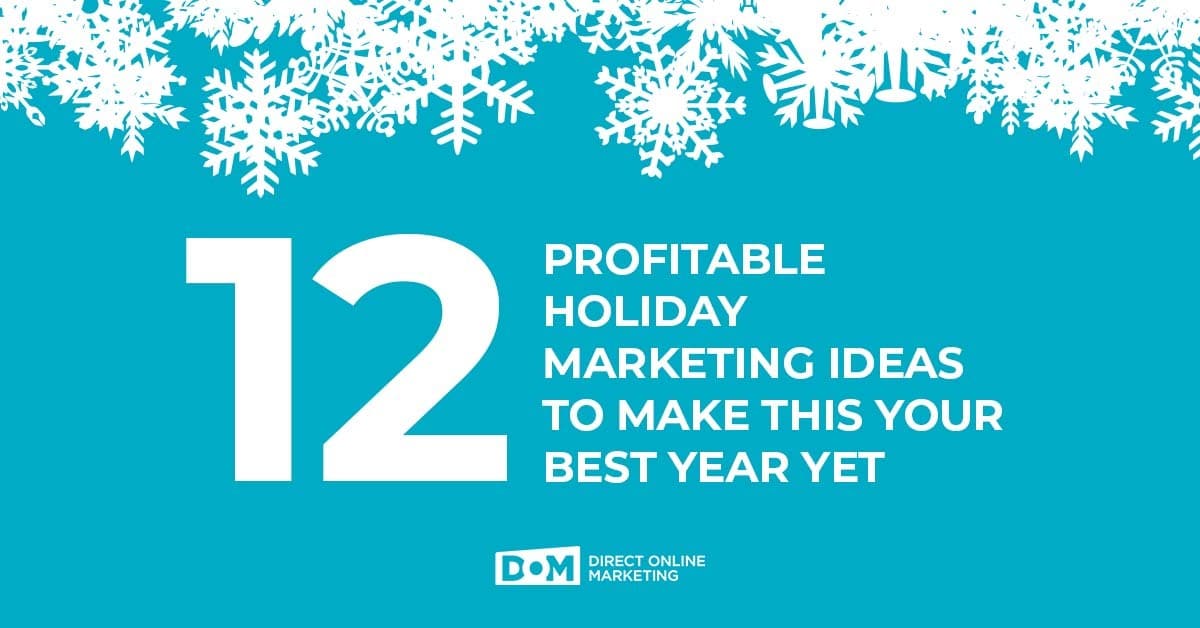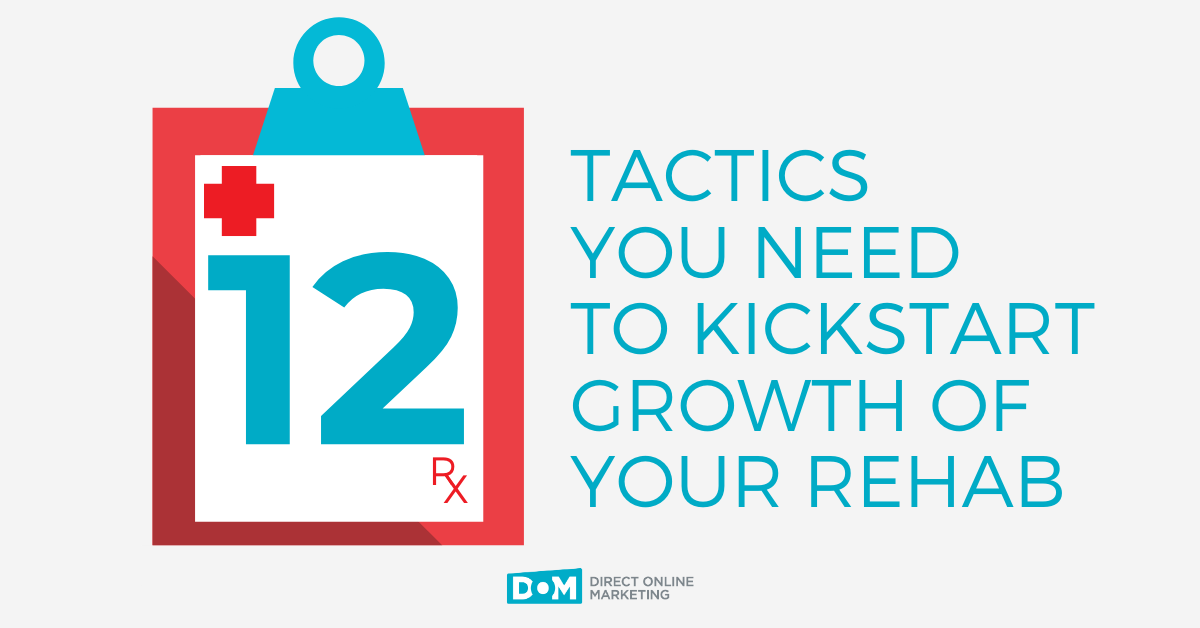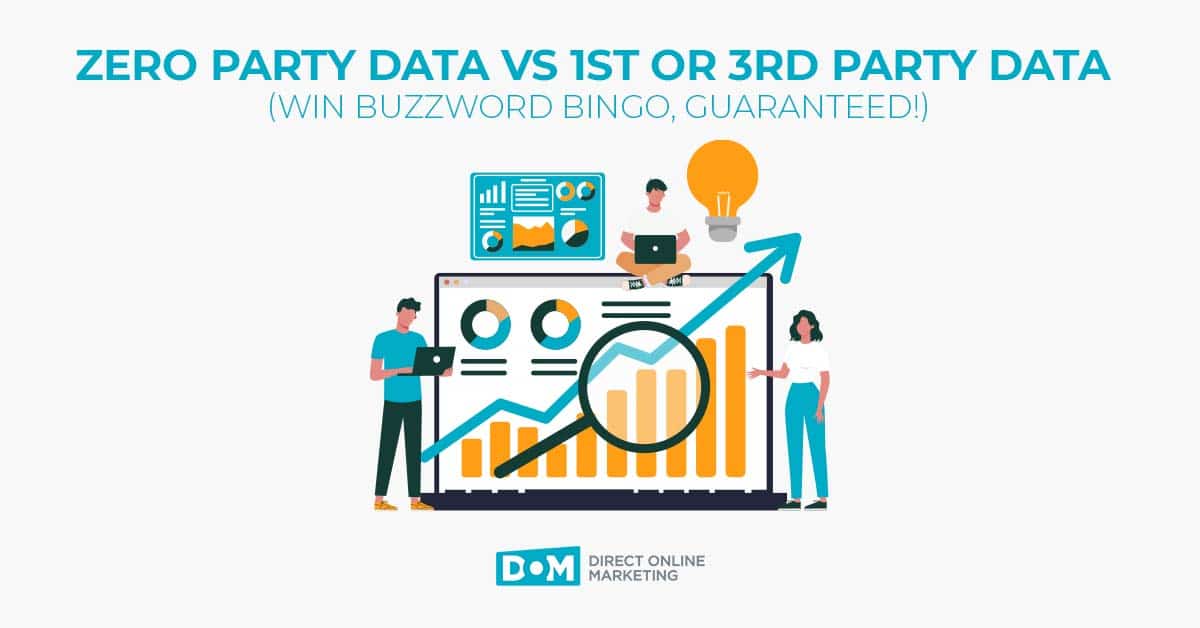
So I had heard about comedian Greg Giraldo passing away on my morning commute (a term I use loosely in comparing WV commutes to Los Angeles) and I did a Google News search to learn more, which took me to some celebrities site. This site is all about monetization, so you have the post title and a big ad from Chikita’s network before you get into what you’re wanting to read.
At first I was just going to make some smarmy joke about how a Web site calling itself “smarter.com” could end up looking so dumb. Then I was going to make some comments in looking at smarter’s menu bar that would have been wholly inappropriate given the gravity of the situation.
How Contextual Advertising Works
But when I started thinking about it, I saw an opportunity to explain how contextual advertising works, since so many advertisers seem to get it wrong so often. Contextual advertising aims to match up an advertiser’s ads with content on the Web that is relevant to their offerings. It’s come a long way since first introduced – and now presents a really valuable opportunity for everything from lead generation to ecommerce sales to political campaigns.
The flip side is that if you’re not careful (and sometimes even if you are), you end up with an airline showing an ad for flights next to a newspaper article about a fiery crash leaving hundreds dead. Or an ad appearing next to a negative story about the business/person itself. So what can an advertiser do to protect itself? Here are some tips:
- Negative Keywords. Several contextual advertisers allow you to use negative keywords, similar to how you would in a traditional search campaign. They’re not perfect, but they’ll greatly cut down on bad match ups. In the first example above, the airline would want to make things like “crash,” “death,” and “catastrophe” negative keywords.
- Site Exclusions. If there’s a site running or likely to run a series of negative articles or posts about you or your industry, just exclude it. In the second example above, WVU should have excluded the Pittsburgh Post-Gazette’s site from its IMC campaigns.
- Better Targeting. In the case of what we see from the Smarter.com campaign, they just need to be, well, smarter. They took a fairly advanced approach by putting an ad on the site and recognizing the subject matter through Chikita’s “predictive targeting technology”, likely from the referring information (in my case, the search I came in on). Then it used keyword insertion to target the ad to the subject matter. Look at what Smarter.com sells – products. They should never be in a position to have their ads match up to something like this and should only be targeting to products. It’s akin to those “Find ____ on eBay” ads that used to litter traditional Google AdWords ad space that led to some really awful match-ups.
Bottom line, don’t be scared off of contextual advertising – we’ve found it to be very effective for our clients. Just be a little bit…[goes through synonyms in head]…more intelligent about it.


